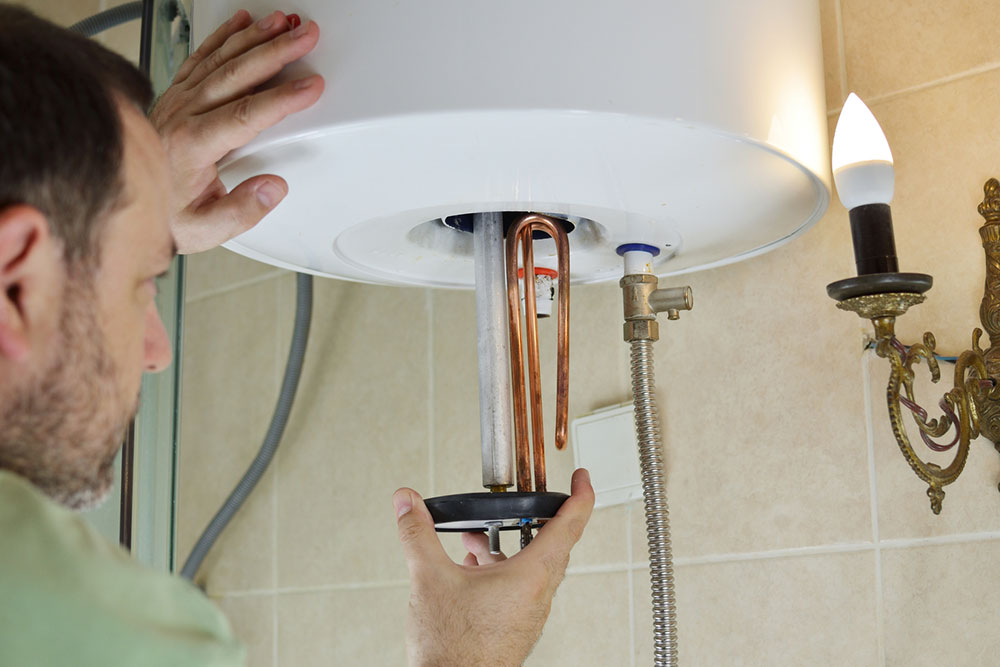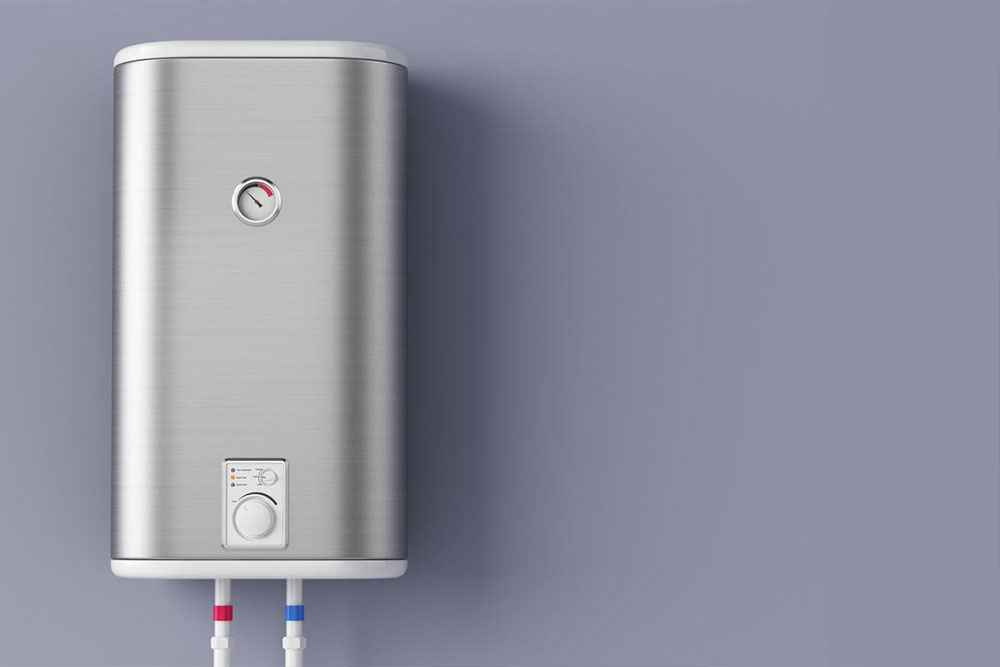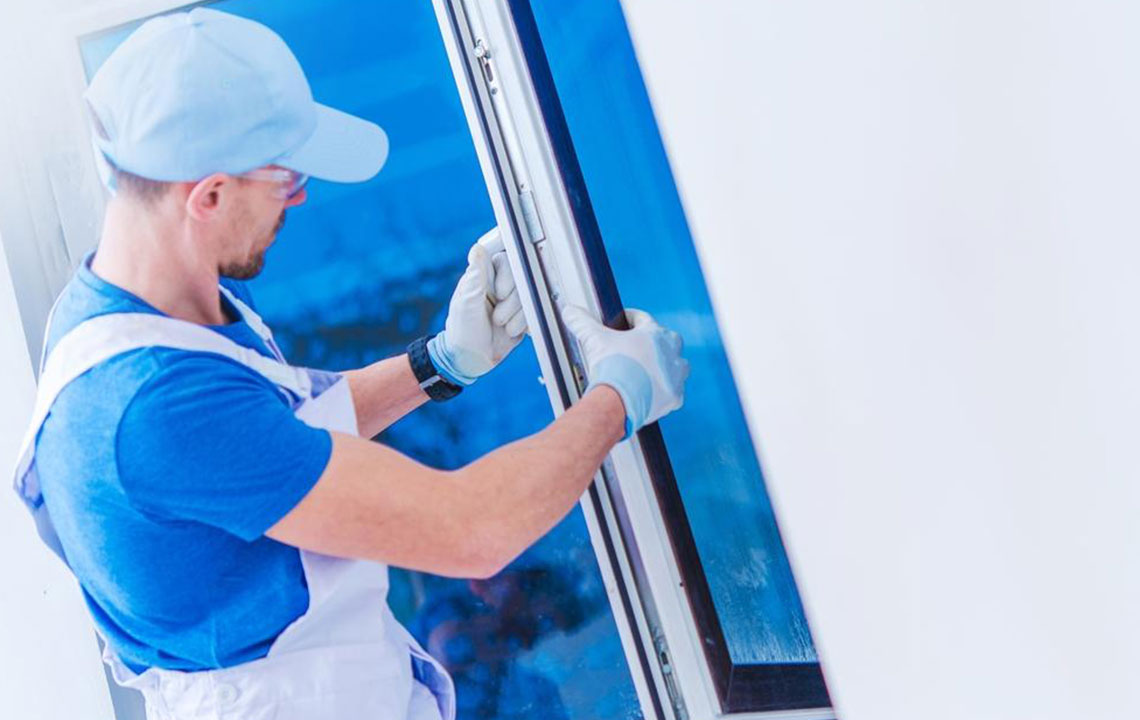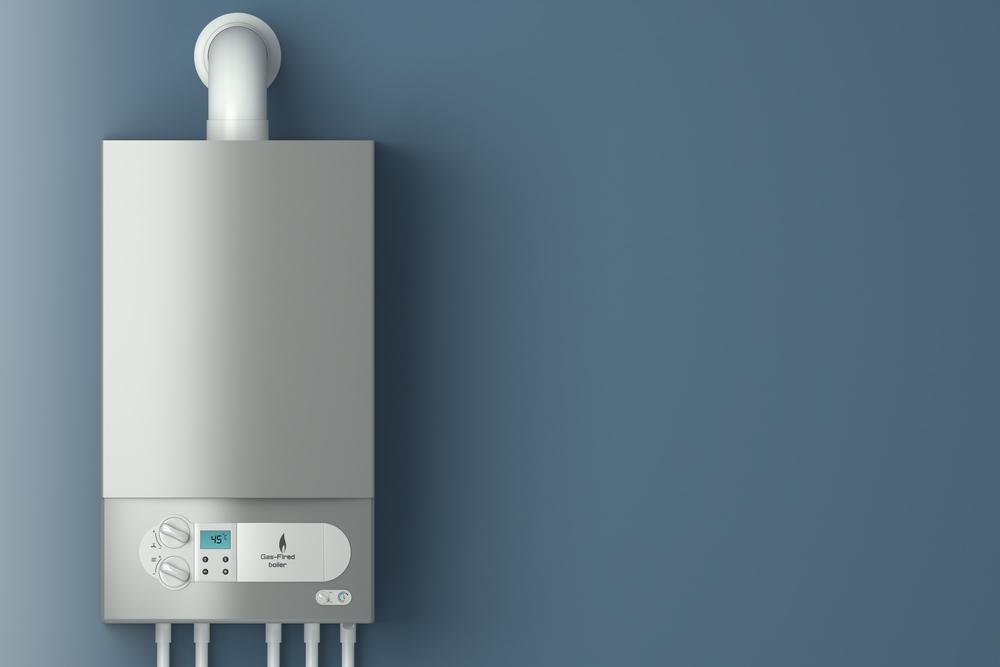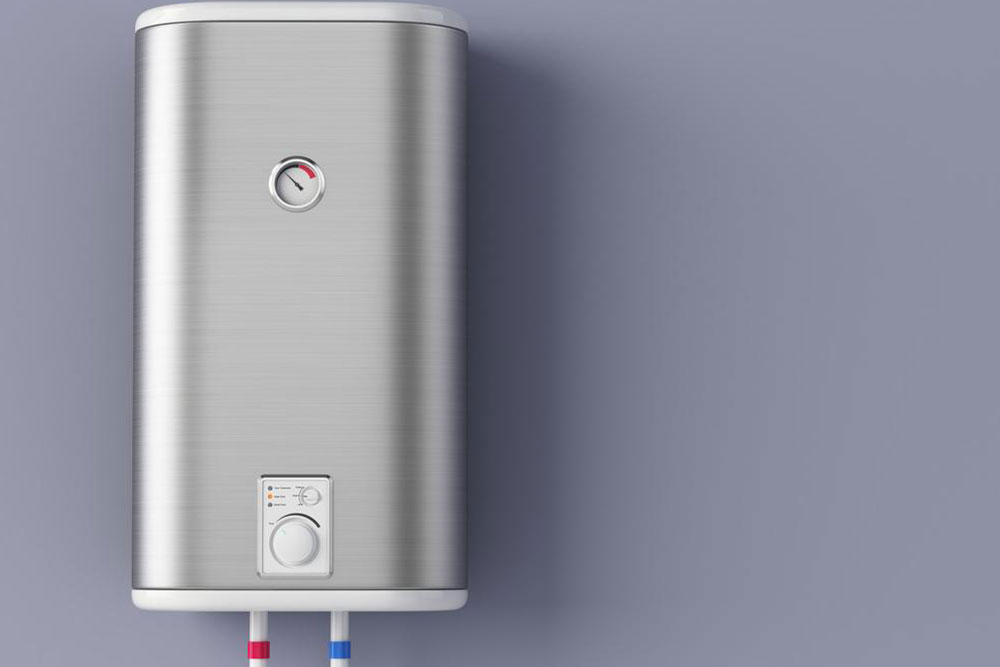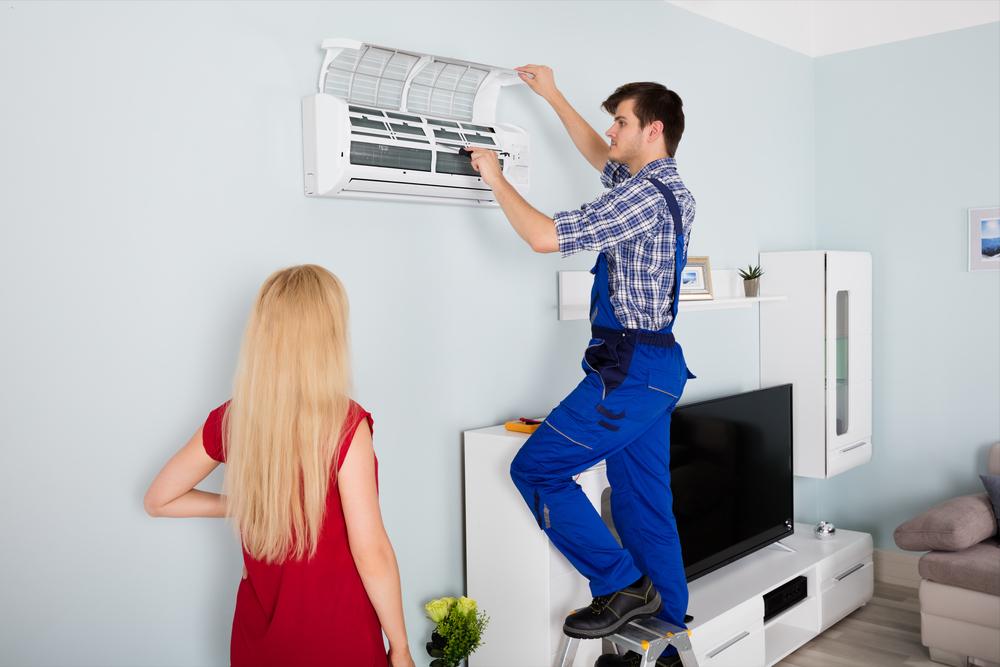Choosing Between Traditional and Demand-Driven Water Heaters
This comprehensive guide compares traditional tank and tankless water heaters, highlighting their features, benefits, costs, and installation considerations. It helps homeowners make informed choices based on household needs, efficiency, and budget, with tips on key brands and installation advice for optimal performance.
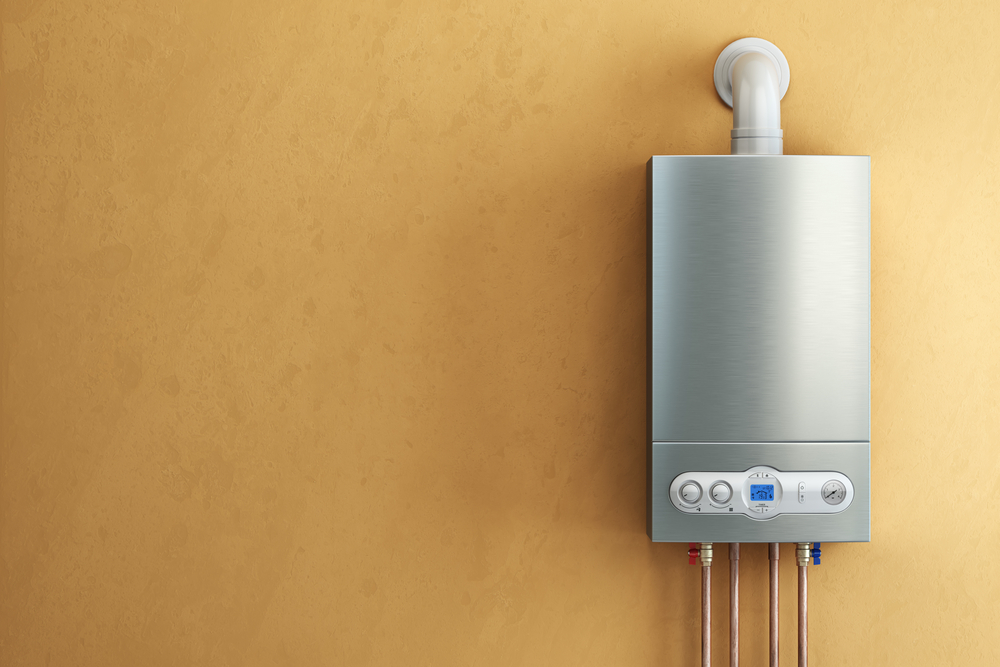
Traditional vs. On-Demand Water Heaters
Selecting the right water heater can be challenging due to the variety of options available. Today’s market offers advanced models designed to improve energy efficiency and reduce costs. Leading brands like AO Smith, GE, Kenmore, Rheem, and Whirlpool manufacture both storage tank and tankless systems. Your decision should be based on your household needs and preferences. Keep reading for detailed insights into each type.
Storage Tank Water Heaters
Conventional tank heaters are favored for their simplicity and dependability, employing established technology. They operate on electricity, propane, oil, or natural gas. A typical home water heater holds 20 to 80 gallons, heating and reheating water stored within an insulated tank. Hot water exits from the top, while cold water enters at the bottom, maintaining a continuous supply. Modern models often use less energy, with some earning Energy Star ratings.
Transitioning fuel types, such as from gas to electric, may incur extra costs and technical adjustments, but these are usually manageable since little piping or wiring change is needed.
One minor disadvantage of tank heaters is limited hot water capacity, especially during high demand, since the tank doesn't heat water instantaneously. Nonetheless, their affordability and reliability make them a popular choice.
Some trusted suppliers include:
Tank Store
State Water Heaters
Bradford-White
Amazon
Chewy.com
Sears.com
Marey.com
Tankless Water Heaters
Demand-based heaters, also called tankless units, are gradually gaining popularity. Compact and wall-mounted, they heat water only when needed, providing hot water on demand. Cold water flows into the system, and warm water exits almost instantly, using electric resistance or gas burners for heating.
Tankless models are up to 30% more efficient than traditional units. However, they tend to be more expensive, often costing nearly twice as much, and may require installation modifications.
These heaters offer virtually unlimited hot water. A potential limitation is that simultaneous uses, such as a shower during dishwasher operation, could strain the system’s flow rate and reduce heating efficiency.
Top brands include:
Rinnai
American Water Heaters
Noritz
Takagi
EcoSmart
Navien
Choosing the ideal water heater depends on factors like cost, energy efficiency, household water demand, and how long you plan to stay in the current home. Consulting an expert can help determine the best fit. Conduct thorough research to make an informed decision.

